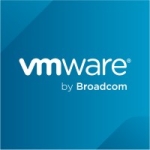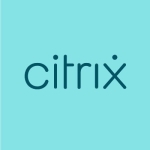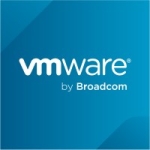We primarily use the solution in order to have an infrastructure set up on-prem. It enables flexibility in projects to set up virtual servers. Instead of having to go out and buy expensive solutions from VMware, for example, Proxmox fills the gap between flexibility and stability.
The solution is easy to install. It can run on a lot of different types of hardware. Creating virtual machines with it is really easy.
The backup solution is a little bit slow and sometimes sluggish on the restore side. It takes a little bit of time, but that could also be the fault of the hardware.
We had some challenges with management including volume and storage management. Setting it up properly and making it work, specifically shared storage between the virtual machines, is difficult.
The installation could definitely be easier. For the vendor, if the solution offered better information, they would have more users on it.
The solution should implement something that enables me to at least get an overview of the loads and the statuses of the machines and applications from my cell phone. An app for mobile management would be great.
I've been using the solution for nearly two years.
It's been very stable. It's been working tremendously for our projects in order to set up things temporarily. Right now, it's not in production; we're only using it for testing. It offers superb stability, however.
We haven't tried to scale the solution. We tried it with two loads, which isn't really enough for a scalability test. We only have about 20 people on the solution currently.
We haven't really used technical support. We've only been using the community version.
We previously used VMware. We switched mostly due to the cost, but also the scalability, and usability of Proxmox.
The initial setup, after you've done it once, is straightforward, but the first time it isn't. That's because of the way you build the image. When you install on x86 infrastructure, mounting the installation is not straightforward. Unless you have medium to good NAVIS experience, it's actually difficult to install.
We handled the implementation ourselves. The documentation available is really good, which is why we were able to handle it internally.
We use the on-premises deployment model.
Apart from a few small issues, everything works well in comparison to VMware. I would select Proxmox any day. The solution itself is really good.
The solution should definitely keep supporting the community, and always have a community edition because people who are interested in it will want to learn it. Once users get into production mode, they will definitely end up buying the support version. They should make the implementation easier, however, because then the solution would get more people on board.
I'd rate the solution nine out of ten.



















It would be great if the can add a migration tools directly from Vcenter of OVF format.